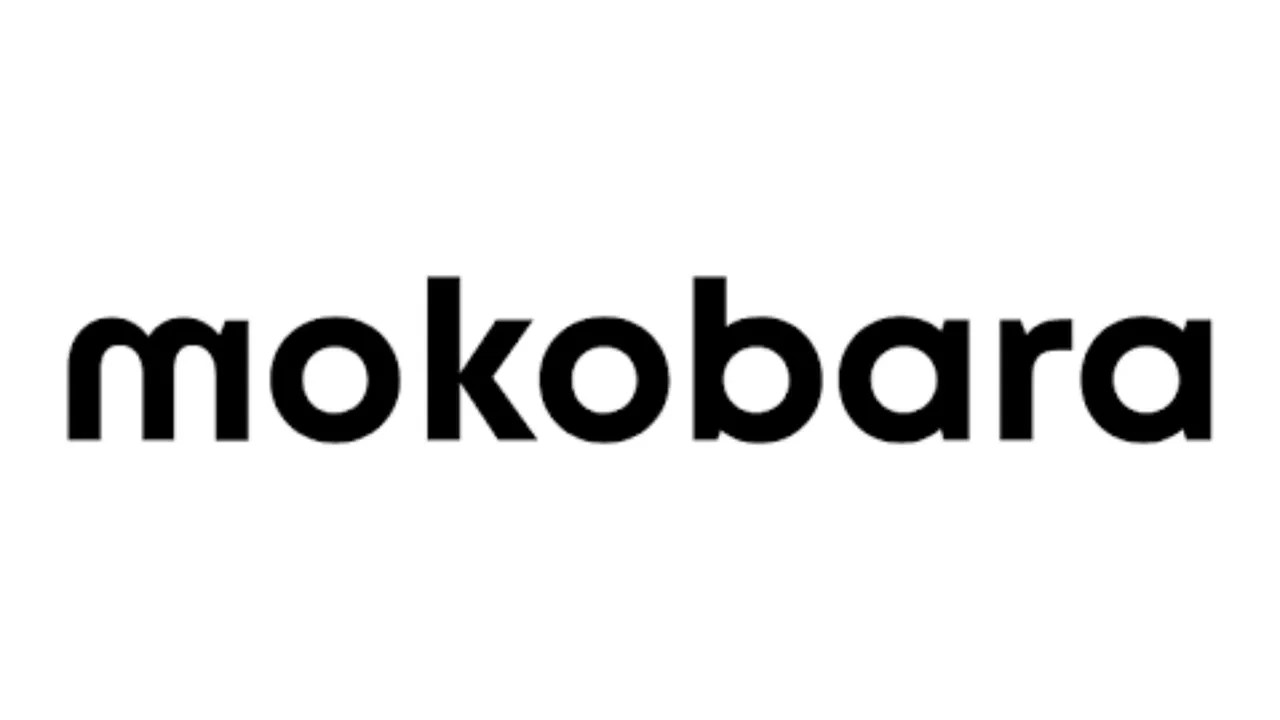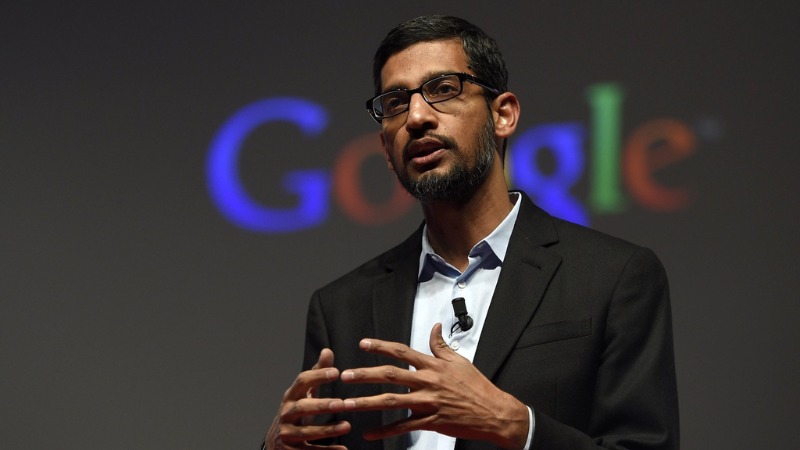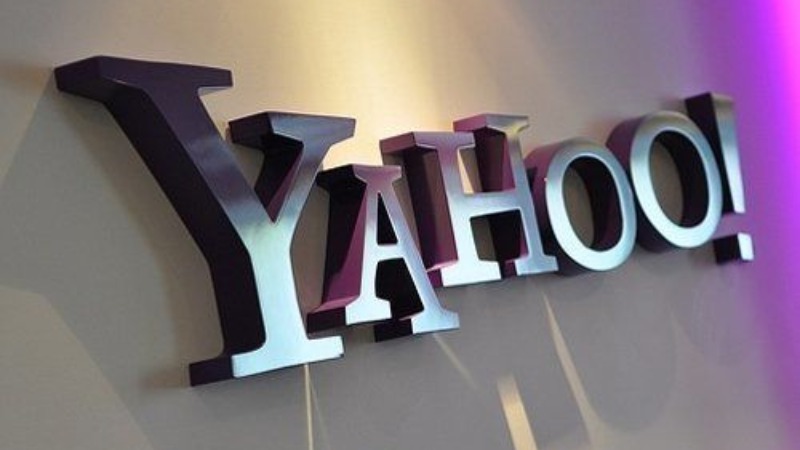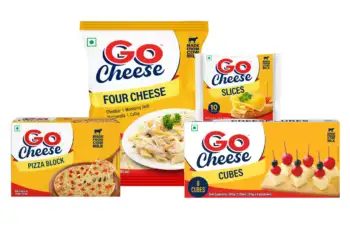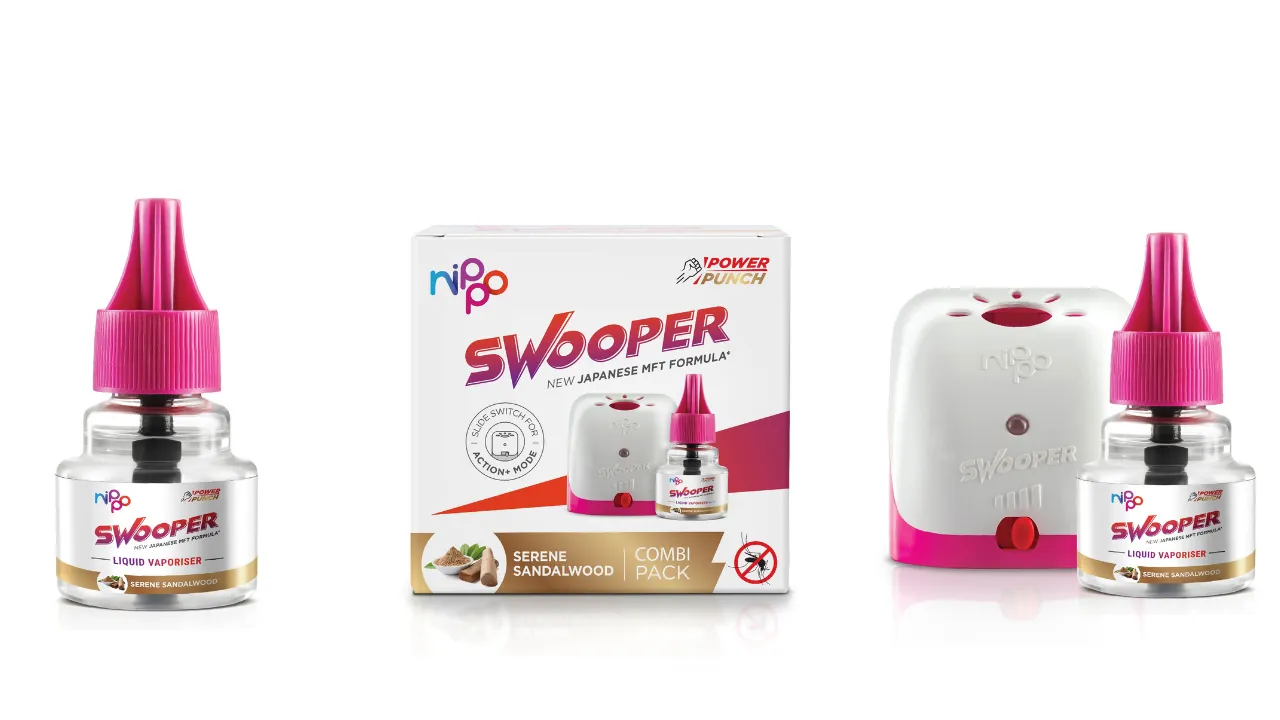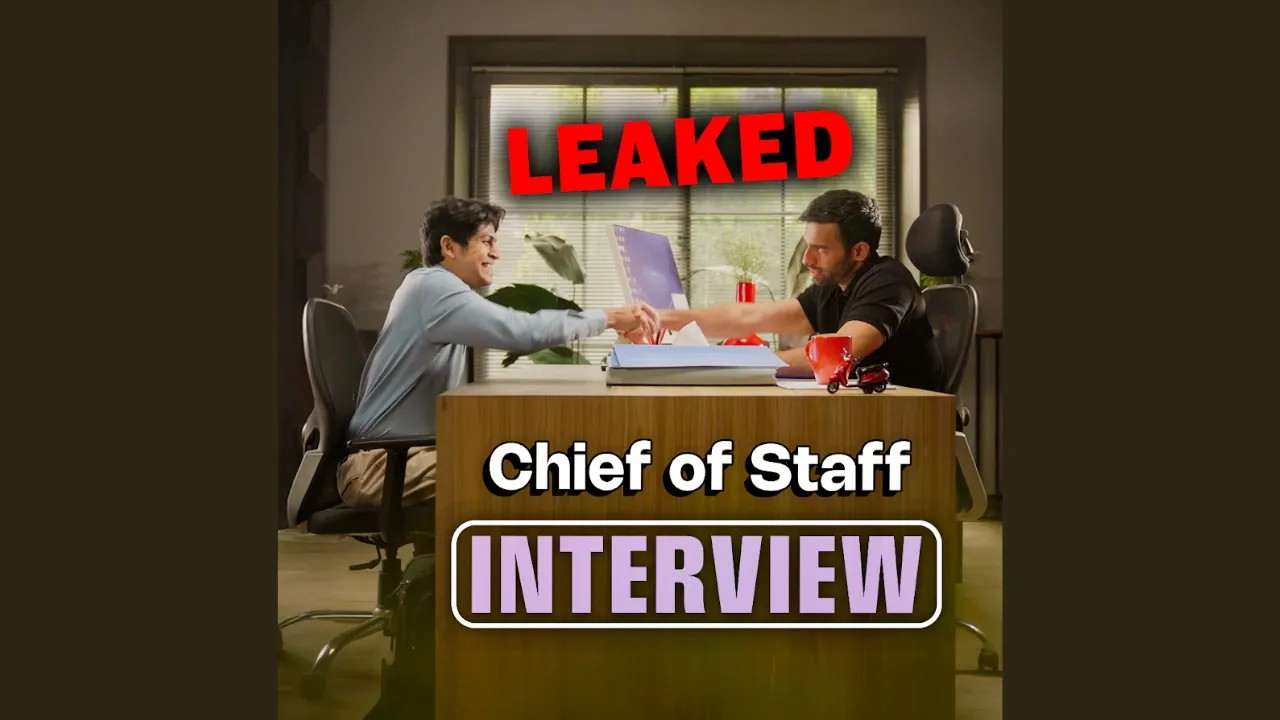Mokobara, a direct-to-consumer (D2C) luggage brand, recently responded to criticism sparked by a social media influencer who pointed out that visually similar bags were available at much lower prices on other e-commerce platforms, potentially manufactured in China. The controversy raised questions about whether Mokobara was “white labelling” Chinese-made products and reselling them at a premium or if the cheaper alternatives were counterfeit.
In response, Mokobara addressed the issue on X (formerly Twitter), saying, “While the world debates the chicken or the egg, we’re focused on what we do best – creating originals worth imitating.”
To shift the narrative, Mokobara launched its Moko x Naruto Series and introduced a 10% “originality” discount with the code “WHITELABEL.”
Amidst the debate, the former Chief of Staff of the Bengaluru-based company shared insights on LinkedIn, explaining that he had previously handled design, trademark, and copyright registrations for Mokobara. He emphasized that the brand worked closely with one of India’s leading intellectual property (IP) law firms to ensure its designs and trademarks were legally protected. This process, he noted, often delayed product launches and impacted revenue, but it was crucial for safeguarding their intellectual property.
“We spent months, delayed and even lost revenue to ensure everything was (and still is) done by the book,” the statement read.
The former team member highlighted the challenges of designing ergonomic, functional products that appeal to consumers, contrasting this with the ease of white labelling. He detailed Mokobara’s exhaustive product development process, which includes user testing, persona-based validation, material testing, and iterative improvements to ensure a superior user experience.
Building a D2C brand in India, he pointed out, is particularly difficult given the high expectations of Indian consumers for quality and value, which makes it challenging for startups to compete against established industry giants.
The statement also responded to the allegations against Mokobara, encouraging critics to verify claims through publicly available government design and trademark registration platforms before spreading misinformation.
“White-labelling is easy, but creating long-lasting, ergonomic, functional yet beautifully designed products is hard,” he wrote. “I personally feel attacked when my almost two years of hard work is frivolously targeted by folks who don’t even bother to check publicly available data.”
The statement concluded with a call for startups to focus on innovation and collaboration instead of tearing down competitors. The former employee praised Mokobara’s consumer-centric approach and expressed confidence that the brand would continue delivering value to its customers.
Video:
Author: Manvi Shah
